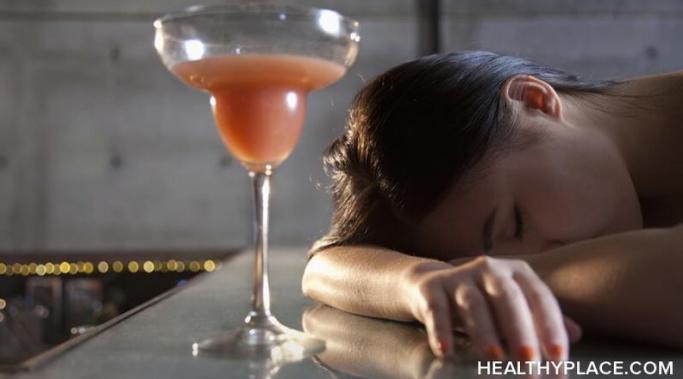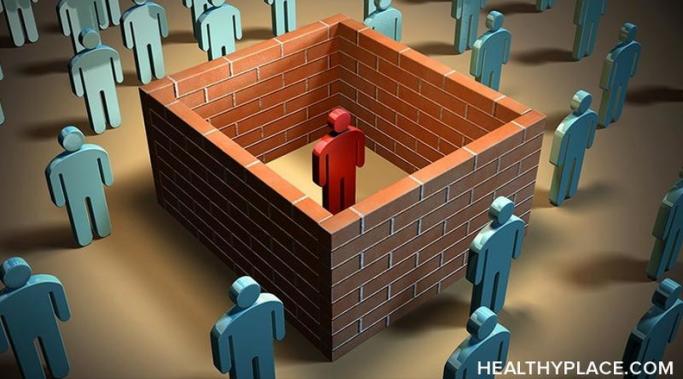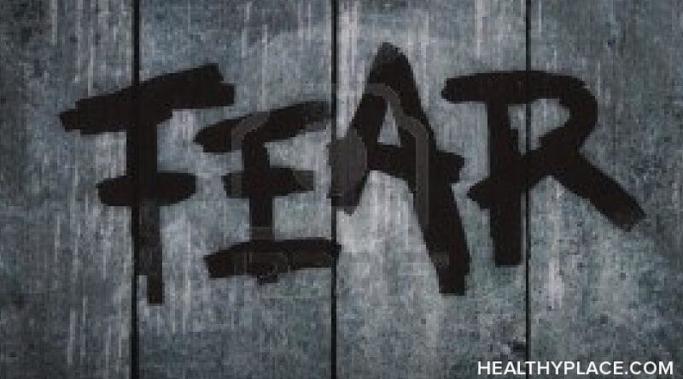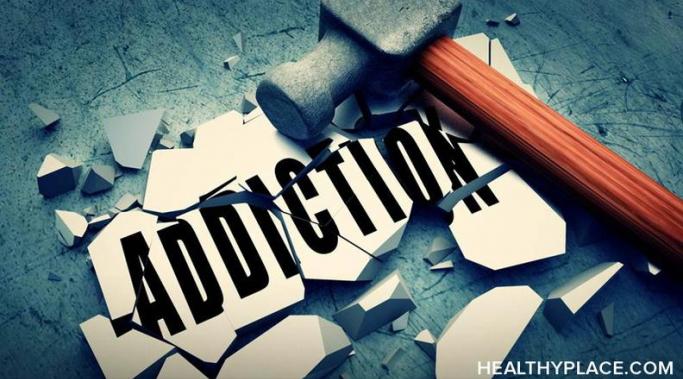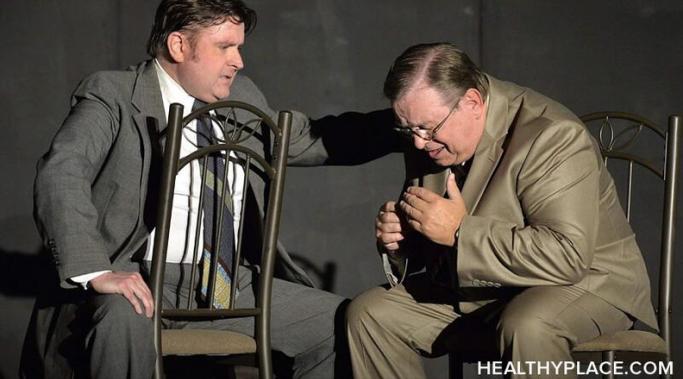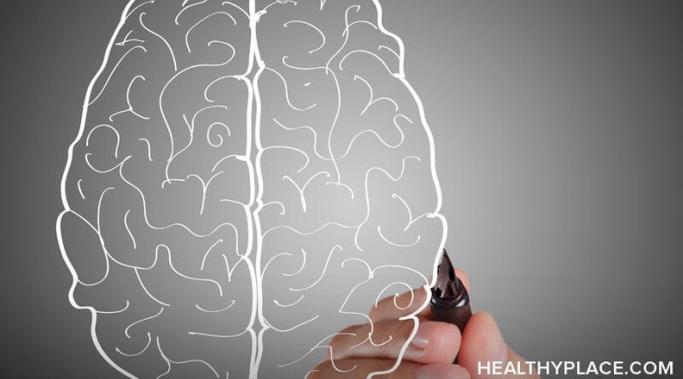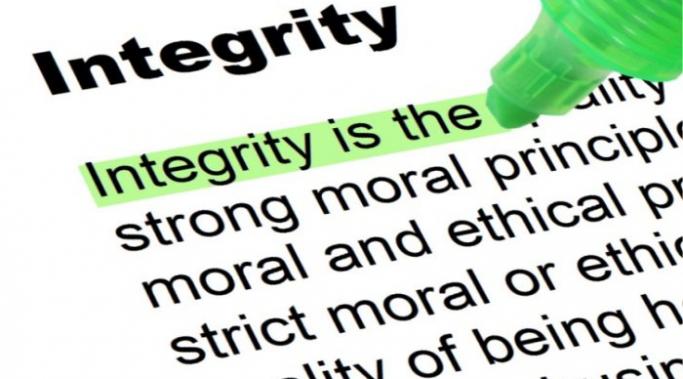How do you know if you are an alcoholic? What makes a person an alcoholic? Perhaps you're wondering because the start of a new year often brings reflection on the past as well as hope for the future. It can prompt a person to make resolutions to be healthier, and that may be motivation to look at whether he or she is an alcoholic. Addiction to alcohol, or alcoholism, is not a one-size-fits-all disease. There isn’t a blood test for it, it doesn’t consist of a specific number of drinks per day, nor can someone decide that you are an alcoholic for you. Whether or not you are an alcoholic depends on a number of conditions, the biggest being the effect that alcohol has on your life.
Alcohol Addiction
Anyone can help stop the stigma of substance abuse. A major obstacle to addiction recovery, stigma, is a set of negative beliefs that a group or society holds about a topic or group of people. Stigma results in prejudice, avoidance, rejection, and discrimination against people who have a socially undesirable trait such as drug abuse or addiction. In my own recovery process, I felt the stigma of substance abuse and it kept me from seeking help for many years.
Do you fear addiction recovery? During my active addiction, I feared everything. Fear was the driving emotion in my life. I was afraid of an unknown future and was most afraid of becoming sober. I'd become comfortable in my mess and just the thought of anything different frightened me. The fear of addiction recovery hid itself in my untruths.
A power greater than you can help with our addiction. A good example of insanity: doing the same thing over and over, expecting different results. That describes my addiction to a T. Of course, I knew that my actions caused myself and others great harm and yet I repeatedly chose those actions, thinking this time the result would be different. My life had become unmanageable and my very best efforts to abstain failed miserably. But once I acknowledged a power greater than me, God broke my addiction cycle and set me free.
My lack of emotional maturity during my active addiction caused me to stuff down my feelings. Thinking, “I have to feel my feelings?” caused me great fear when I started sobriety. Whenever I started working through a 12-step program, dealing with emotions felt like opening a closet door with a big, scary monster inside of it. The scary monster was all the feelings I’d stuffed in there, during the decade I used. I was emotionally immature and didn’t have tools to handle the ups and downs of life. Getting drunk or high was my response to every feeling. For example, if you made me angry, I would get "drunk at you" for revenge. It really was as silly and self-destructive as it sounds. I was so scared of that monster, my emotions in the closest, that I’d rather self-destruct than face them.
I have a mental illness and an addiction. I honestly didn’t care if I lived or died, during my decade long drug and alcohol addiction. Which is why I tried and failed at sobriety so many times. My addictions co-occurred with a mental illness called bipolar disorder. A depressive stage of bipolar, even sober, can leave me hopeless. I'd lose interest in all the things that mattered to me before. It didn’t matter to me if I got sober. There were no consequences strong enough to make me want to stop because I didn’t care if I ever saw tomorrow. I didn’t make plans for my future because I really didn’t want one. It was a slow suicide.
Some teetotalers abstain from alcohol because the have a family history of alcoholism. Gillian Jacobs, Hal Sparks, and Joe Biden are a few famous names that attribute their sobriety to teetotaling because of a family history of alcoholism.
Honesty, open-mindedness, and willingness (H.O.W.) are the virtues essential to my recovery from alcohol addiction. Without any one, relapse becomes a very real possibility. Anyone who relies on these virtues can stay sober. It's all that separates recovering alcoholics from alcoholics who are still struggling to get sober. Maintaining the H.O.W. virtues allows for recovery from alcohol addiction but using them as tools in sobriety is neither pleasant nor easy, but it is possible.
Withdrawal symptoms from stimulants, marijuana and hallucinogens is not considered directly life-threatening by the medical community. However, the withdrawal symptoms can still be dangerous, as can the behavior associated with the withdrawal symptoms of stimulants, marijuana and hallucinogens.
Substance use withdrawal from alcohol, opiates and benzodiazepines is unpleasant and can be dangerous or even fatal, as I wrote about in my last post, Dehumanizing Addicts: A Stigma Leading To Deaths. But different substances produce different kinds of withdrawals and dangers. Here is an overview of withdrawal symptoms for alcohol, opiates, and benzodiazepines (a future post will address more substances).
